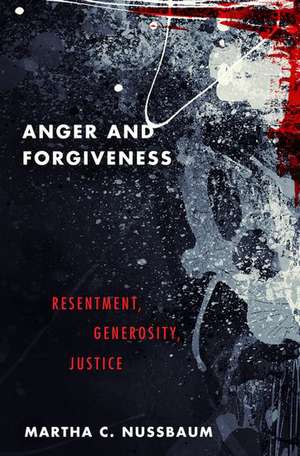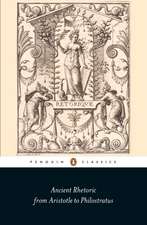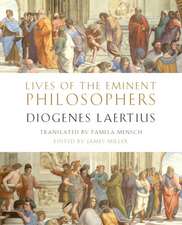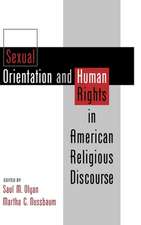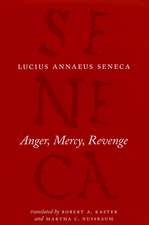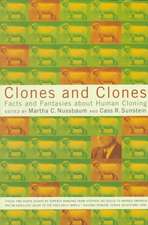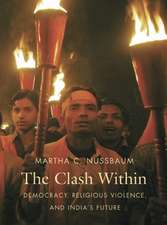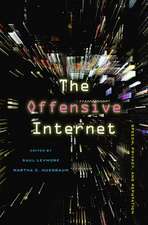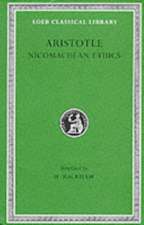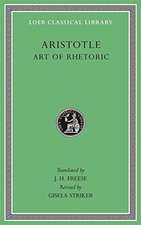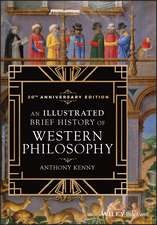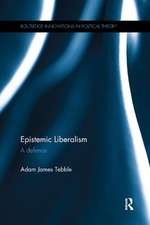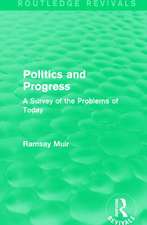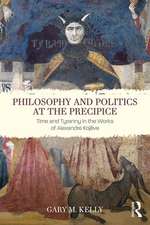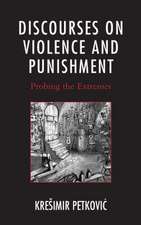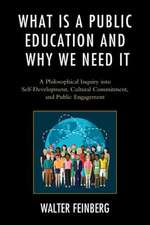Anger and Forgiveness: Resentment, Generosity, Justice
Autor Martha C. Nussbaumen Limba Engleză Paperback – 24 ian 2019
| Toate formatele și edițiile | Preț | Express |
|---|---|---|
| Paperback (1) | 88.16 lei 31-37 zile | +35.69 lei 7-13 zile |
| Oxford University Press – 24 ian 2019 | 88.16 lei 31-37 zile | +35.69 lei 7-13 zile |
| Hardback (1) | 114.45 lei 10-16 zile | +44.70 lei 7-13 zile |
| Oxford University Press – 14 iul 2016 | 114.45 lei 10-16 zile | +44.70 lei 7-13 zile |
Preț: 88.16 lei
Preț vechi: 103.29 lei
-15% Nou
Puncte Express: 132
Preț estimativ în valută:
16.87€ • 17.61$ • 13.96£
16.87€ • 17.61$ • 13.96£
Carte tipărită la comandă
Livrare economică 25-31 martie
Livrare express 01-07 martie pentru 45.68 lei
Preluare comenzi: 021 569.72.76
Specificații
ISBN-13: 9780190907266
ISBN-10: 0190907266
Pagini: 336
Dimensiuni: 371 x 226 x 20 mm
Greutate: 0.5 kg
Editura: Oxford University Press
Colecția OUP USA
Locul publicării:New York, United States
ISBN-10: 0190907266
Pagini: 336
Dimensiuni: 371 x 226 x 20 mm
Greutate: 0.5 kg
Editura: Oxford University Press
Colecția OUP USA
Locul publicării:New York, United States
Recenzii
Anger and Forgiveness: Resentment, Generosity, Justice is an outstanding work, one that manages to build on many threads of Nussbaum's previous scholarship while breaking new ground in a way that stands on its own.
In all, the work provides a key philosophical addition to her volumes on emotional development and political liberal justice... Her strict focus on leadership pronouncements rather than de facto psychological and sociological dynamics opens the analysis to charges of empirically inattentive moralizing.
The book is deeply thought-provoking and persuasive.
Written with her usual mix of grace, precision, passion, and breathtaking scope, Nussbaum probes two seemingly polar emotions underlying our notions of justice-anger and forgiveness. She finds them part of the same vindictive drama, and each problematic. Her call is to move beyond them to become 'strange sorts of people, part Stoic and part creatures of love.' The book offers an important and timely challenge, a most worthwhile and enlightening read for those interested in philosophy, psychology, law, politics, religion-or simply living in today's world."
This superlative study bristles with insights unexplored either in philosophy or the social sciences. These include conceptual comparisons among Gandhi, King and Mandela in the contexts of anger and forgiveness, violence and nonviolence. Nussbaum has long excelled as a philosopher and her abundant talent continues on display, enhanced by contemporary political analysis. She reveals how these leaders of mass movements diagnosed the roots of anger and violence in fear and then actualized prescriptions of forgiveness. Nussbaum thus extends in new directions important ideas advanced in her more recent books. This unique corpus of theory makes her work compulsory reading for an understanding of our politics and society today."
This book compels human rights activists to consider the move for activism, distinguishing between 'magical thinking' which the author rejects in favor of a rational approach to crime and punishment, where payback lowering of status have no role to play in defining a theory of justice. 'Transformative anger' is rooted in a theory of public good and social welfare, its revolutionary potential revealed by the author. In politics it is the difference between a repressive regime and a progressive one. Referring to revolutionary moments in history that changed the wrong doer and the wronged, the author explains the limited role that anger played while moving towards social good."
This stunning book unsettles the foundations of political thought and practice in places like South Africa where anger is routinely dismissed as unproductive and forgiveness as inescapably part of an inherited humanity (Ubuntu). By linking the thought of ancient Greeks to that of contemporary activists such as King, Mandela and Ghandi, Martha Nussbaum creates new grounds for human encounter in which anger can be rediscovered as resource, and forgiveness set free from the logic of retribution."
I'm astonished and delighted. A self-styled upper middle class [ex]-WASP American, using intuitions drawn from Classical Greek and Roman literature and modern philosophy, explains better than most historians and political scientists how in South Africa we converted the sword of apartheid into the ploughshare of constitutional democracy. Brava, Martha, brava! Payback is not the way to go."
This book represents an all-encompassing model to expand the current understanding of justice, anger and forgiveness...her argument permeates the logic of ethics, providing a fresh alternative to discussion in academic fields and specialized literature.
In all, the work provides a key philosophical addition to her volumes on emotional development and political liberal justice... Her strict focus on leadership pronouncements rather than de facto psychological and sociological dynamics opens the analysis to charges of empirically inattentive moralizing.
The book is deeply thought-provoking and persuasive.
Written with her usual mix of grace, precision, passion, and breathtaking scope, Nussbaum probes two seemingly polar emotions underlying our notions of justice-anger and forgiveness. She finds them part of the same vindictive drama, and each problematic. Her call is to move beyond them to become 'strange sorts of people, part Stoic and part creatures of love.' The book offers an important and timely challenge, a most worthwhile and enlightening read for those interested in philosophy, psychology, law, politics, religion-or simply living in today's world."
This superlative study bristles with insights unexplored either in philosophy or the social sciences. These include conceptual comparisons among Gandhi, King and Mandela in the contexts of anger and forgiveness, violence and nonviolence. Nussbaum has long excelled as a philosopher and her abundant talent continues on display, enhanced by contemporary political analysis. She reveals how these leaders of mass movements diagnosed the roots of anger and violence in fear and then actualized prescriptions of forgiveness. Nussbaum thus extends in new directions important ideas advanced in her more recent books. This unique corpus of theory makes her work compulsory reading for an understanding of our politics and society today."
This book compels human rights activists to consider the move for activism, distinguishing between 'magical thinking' which the author rejects in favor of a rational approach to crime and punishment, where payback lowering of status have no role to play in defining a theory of justice. 'Transformative anger' is rooted in a theory of public good and social welfare, its revolutionary potential revealed by the author. In politics it is the difference between a repressive regime and a progressive one. Referring to revolutionary moments in history that changed the wrong doer and the wronged, the author explains the limited role that anger played while moving towards social good."
This stunning book unsettles the foundations of political thought and practice in places like South Africa where anger is routinely dismissed as unproductive and forgiveness as inescapably part of an inherited humanity (Ubuntu). By linking the thought of ancient Greeks to that of contemporary activists such as King, Mandela and Ghandi, Martha Nussbaum creates new grounds for human encounter in which anger can be rediscovered as resource, and forgiveness set free from the logic of retribution."
I'm astonished and delighted. A self-styled upper middle class [ex]-WASP American, using intuitions drawn from Classical Greek and Roman literature and modern philosophy, explains better than most historians and political scientists how in South Africa we converted the sword of apartheid into the ploughshare of constitutional democracy. Brava, Martha, brava! Payback is not the way to go."
This book represents an all-encompassing model to expand the current understanding of justice, anger and forgiveness...her argument permeates the logic of ethics, providing a fresh alternative to discussion in academic fields and specialized literature.
Notă biografică
Martha C. Nussbaum is Ernst Freund Distinguished Service Professor of Law and Ethics, appointed in the Law School and the Philosophy Department at the University of Chicago. She is the author of Love's Knowledge, Sex and Social Justice, Philosophical Interventions, and Aging Thoughtfully, all from Oxford University Press, as well as Not for Profit, Upheavals of Thought, Creating Capabilities and Frontiers of Justice, among others. This book derives from her 2014 John Locke Lectures in Philosophy at Oxford University.
